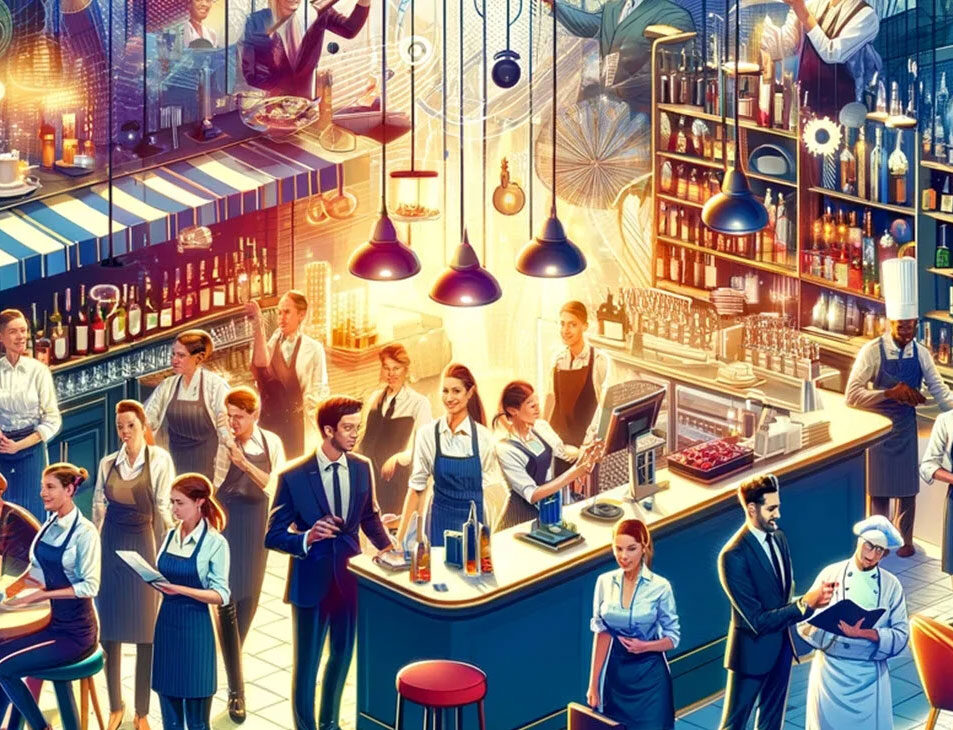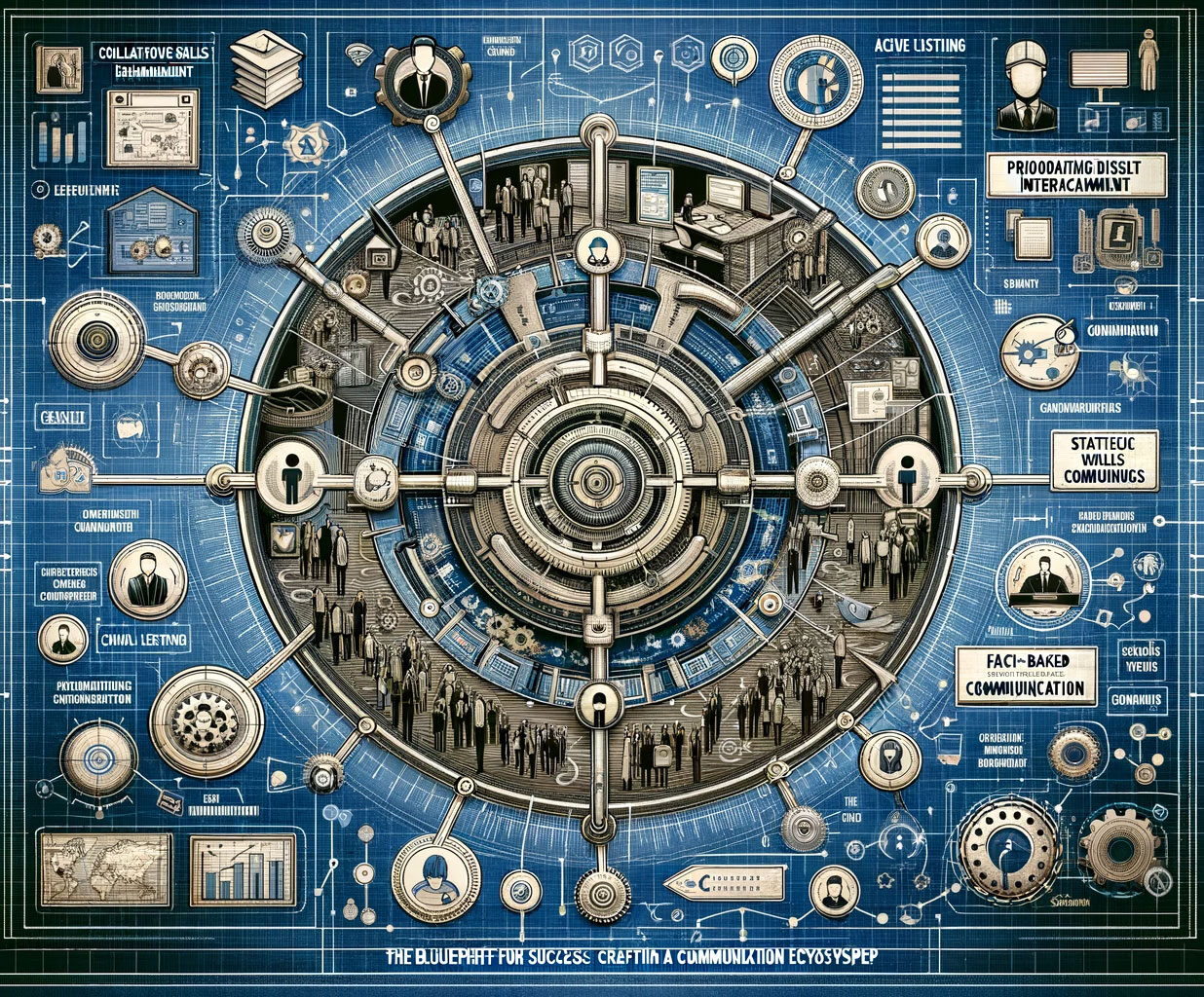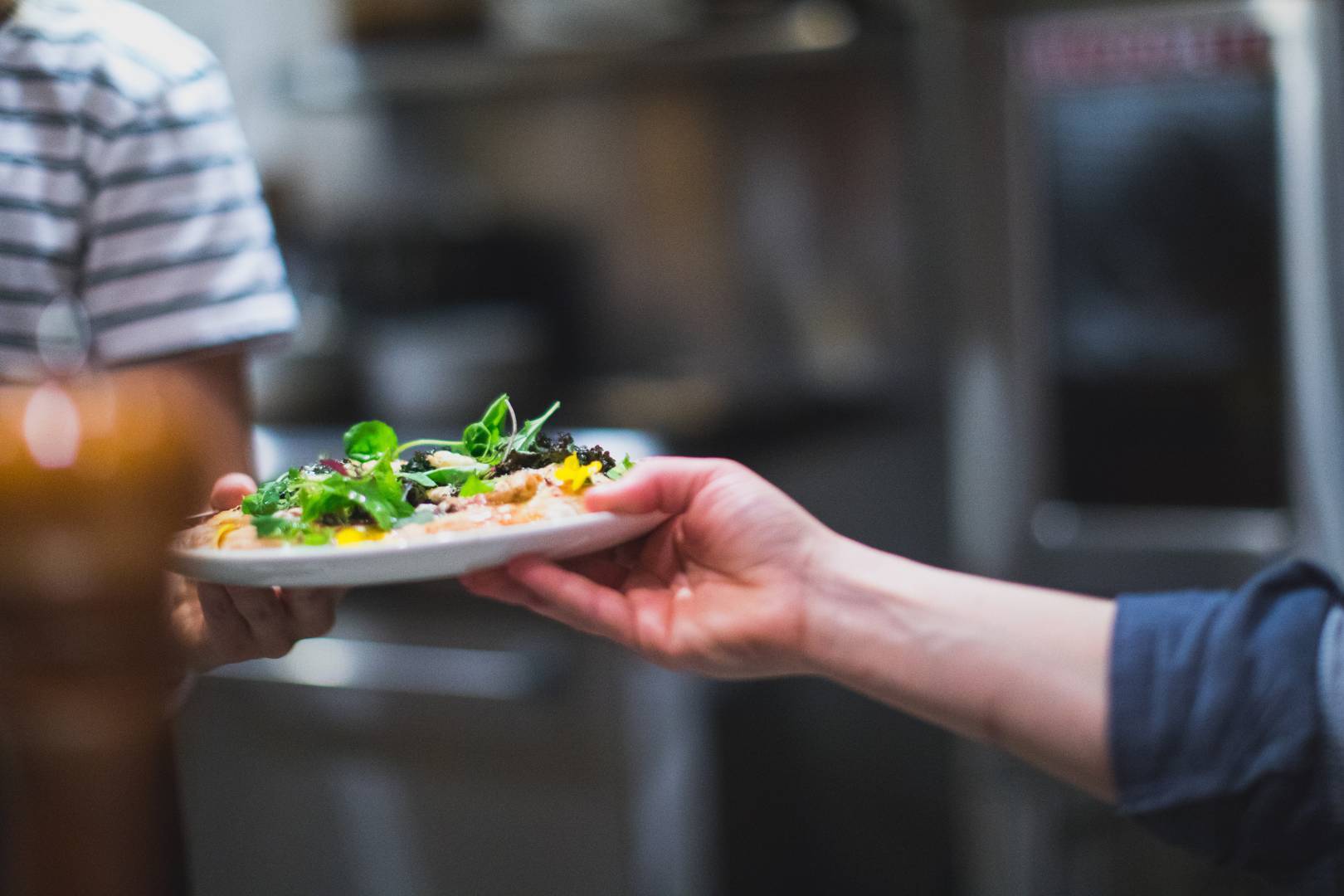

Mastering Team Communication
In the dynamic arena of hospitality operations, effective "team communication" is the heartbeat of our industry—powering hotels, restaurants, and bars with the synergy to thrive. As an operational manager, I’ve seen how "team communication" shapes our daily shift success.

The Challenge: Bridging the Communication Gap
Consider the complexities of managing a bustling hotel or a lively bar: a missed update in the ShiftNote Manager's Daily Log could mean an underprepared event setup or an overbooked dining room. In our world, these aren’t just oversights; they’re serious disruptions that can upset the guest experience and impede our team's workflow. This is why fostering "better team communication" is not just a priority; it’s a mission.
The Cost: When Miscommunication Strikes
A lapse in "team communication" can trigger a domino effect—guest requests go unmet, inventory mishaps occur, and the staff's morale can dip. Such incidents underscore the necessity of "effective communication with team members" to maintain the high standards our guests expect.
The Blueprint for Success: Crafting a Communication Ecosystem
- 1. Centralized Communication Platforms:
Embracing ShiftNote’s digital logbook has revolutionized how we share critical information, ensuring "better team communication" that is both accessible and consistent across every shift and department. - 2. Collaborative Skills Enhancement:
We leverage training and technology to bolster "teamwork communication," cultivating a culture where every staff member feels confident and equipped to convey essential information. - 3. Prioritizing Direct Interactions:
I advocate for face-to-face or video conferencing interactions whenever possible, enhancing "teamwork communication" and ensuring nuances aren’t lost as they might be in text-based exchanges. - 4. Active Listening as a Core Value:
We practice and value active listening, knowing that understanding is the foundation of "effective communication with team members," creating a responsive and considerate team environment. - 5. Fact-Based Communication:
Our communications are rooted in facts, ensuring clarity and paving the way for swift and effective decision-making and problem resolution. - 6. Inclusivity in Team Dynamics:
"Team communication" is most effective when it is inclusive. We strive to hear all voices and perspectives, enriching our service and team dynamics. - 7. Strategic Communication Planning:
Utilizing ShiftNote’s customizable logbooks and accountability features ensures our "team communication" is deliberate, documented, and aligned with our operational goals.

The Outcome: Synchronized Service and Productivity
By strategically enhancing "team communication," we avoid the pitfalls of miscommunication and set the stage for unparalleled guest service and operational efficiency.
Your Next Step: Achieving "Team Communication" Excellence
Ready to redefine "team communication" in the hospitality sector? With ShiftNote’s tools at our disposal, let's lead the charge in transforming every operational aspect into a model of communication excellence.
Join me on this quest to perfect "team communication," where every reservation, every meal, and every guest interaction becomes an opportunity to showcase the seamless harmony of our hospitality operations.
Learn more about ShiftForce's Team Communication app by clicking through our self-guided demo.
Expanding the Horizons: How Enhanced Team Communication Spurs Sales Growth in Hospitality
In a hotel, restaurant, or bar, every interaction with a guest is an opportunity. When team communication is optimized, it opens doors to enhance guest experiences, leading directly to sales growth. Here's how:
✅Influencing Team Communication Narratives:
By guiding the narratives within our teams, we can significantly impact guest experiences. For instance, in a restaurant setting, a well-informed server who communicates the chef’s specials effectively can influence dining choices, thereby boosting sales. Similarly, a hotel receptionist armed with the right information can upsell room upgrades or additional services.
✅ShiftNote as a Tool for Goal Setting:
Utilizing tools like ShiftNote allows team leaders to set clear operational goals and communicate them effectively. For example, setting a target for the number of loyalty program sign-ups or promotional item sales can motivate the team to focus their efforts towards these goals, driving sales growth.
✅Strengthening Team Dynamics:
Effective team communication fosters a sense of unity and purpose. When team members are well-connected and informed, they work more cohesively towards common sales goals. In a bar environment, this could mean coordinated efforts in promoting a new cocktail or event, leading to increased sales.

Creating a Proactive Sales Environment
⚙️Proactive Upselling and Cross-Selling:
With solid communication channels, staff can be proactive in upselling and cross-selling. For instance, training sessions communicated via ShiftNote can equip staff with the skills and confidence to suggest additional services or products, turning routine interactions into sales opportunities.
⚙️Feedback Loop for Continuous Improvement:
Establishing a feedback loop through regular team meetings and ShiftNote entries allows for continuous improvement. This could involve discussing guest feedback, brainstorming new sales strategies, and sharing successful tactics, all contributing to an uptick in sales figures.
⚙️Real-Time Adaptation to Market Trends:
Quick adaptation to market trends is crucial in the hospitality industry. Effective communication enables teams to rapidly adjust strategies in response to guest preferences or seasonal trends, keeping the business agile and responsive.
Conclusion: The Power of Communication in Driving Sales
In conclusion, the potent combination of effective team communication and tools like ShiftNote can unlock significant sales growth in the hospitality sector. By influencing communication narratives, setting clear goals, and fostering strong team dynamics, we can create an environment where every interaction is an opportunity to delight guests and drive sales. As we continue to embrace these strategies, we solidify our place as leaders in the hospitality industry, renowned for our exceptional service and business acumen.
Dedicated to the success of shift-based businesses.
We know the challenges of managing shifts, that’s why we created ShiftForce and that’s also why we’ve written dozens of articles and guides on how you can shift smarter, not harder. We truly are committed to your success!


What managers are saying about ShiftForce
Before ShiftNote, we would hand write messages and I’m sure you know, not all handwriting is legible. I would recommend ShiftNote manager’s logbook and employee scheduling software to any company that does not already have it!!
Abuelo's
40+ LocationsWe use ShiftNote’s online logbook to stay abreast of the goings on in the stores as well as to track an estimated food, liquor and labor cost at each store. Further it’s great to have a searchable historic record of sales and events to help in forecasting and budgeting.

The Big Red F Restaurant Group
100+ EmployeesWe sell high end resort wear for ultimate relaxtion. We use ShiftNote to communicate more effectively with management in store and the home office in Seattle.
Tommy Bahama Retail
500+ LocationsLatest Posts from Our Blog
Looking for some quick tips? Read our blog with industry-specific tips and guides to make managing easier.
How Do I Write Effective Shift Notes?
5 Ways to Use Shift Notes to Boost Team Accountability
Need help reducing turnover?
Download the guide with 50 unique ideas to show employee appreciation year round.
Download the Guide



